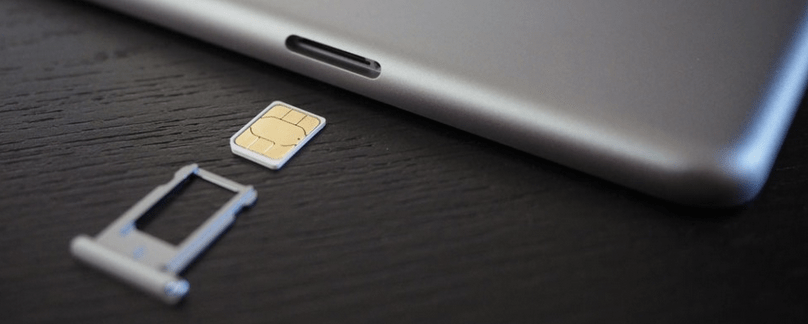The concept of "built-in SIM", or "eSIM" or "Virtual SIM" card for mobile devices has been around for a few years now, but it is still new, as even the terminology is not yet clear. Apple filed the first patent for the "Virtual SIM" or "Apple SIM" version in 2011 and has since reportedly designed it.
The idea behind an eSIM is a chip inside the device instead of a removable card. This will allow users to avoid being trapped in a mobile phone package, or switch providers without having to unlock or buy new devices.
The long-term goal is to create a standard eSIM, which will bring additional convenience, cost savings, and better safety to consumers and companies using mobile devices.
Both Apple and Samsung are reportedly collaborating with GSMA, the association representing mobile operators around the world, along with selected international networks, to make eSIM a reality according to VB.
Of course, it is very likely that they will face resistance from some telephony providers, as consumers will no longer need to buy their phones directly from them.
Consumers, however, are tired of contracts, and hardware makers are tired of facing market barriers that limit them on a global scale.
But let's look at the benefits of adopting eSIM:
Ease: The phones will be thinner and lighter. Consumers will be able to easily switch mobile providers. In addition, they may have more than one phone number available. For companies (corporate packages), it will eliminate the need to purchase additional devices.
Cost saving: Old pricing methods will no longer exist and long-term contracts, which have already begun to disappear, will not exist. Thus consumers will be able to change provider at any time. This can be done simply by developing a software that automatically selects the switch to another network depending on how fast and how cheap it is.
Travel: Consumers will no longer have to buy a local SIM card every time they change countries, as eSIM could offer a much simpler procedure activation. The fees approxtreatments could be avoided, as an eSIM would be able to detect that the user is in another country and automatically switch networks. This will also facilitate companies whose employees spend a lot of time traveling internationally.
Security: Since SIM cards will stop being a piece of plastic, there will be no longer the threat of device theft. For companies, the eSIM card will contain additional security information that could be used to authenticate the user's equipment on a cellular network. This will make it easier to locate lost or stolen devices.
With all these additional benefits provided by an eSIM, it is probably not long before it appears in future devices. As Apple first filed the patent, probably the first devices with built-in cards will come from the company.





